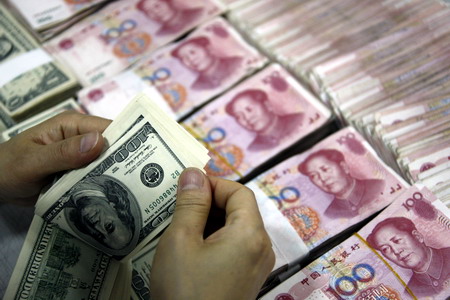Bizchina
Dialogue seeks to reach consensus
(China Daily)
Updated: 2010-05-25 11:24
 |
Large Medium Small |
|
 |
|
The Chinese leadership has reiterated that the country would never bow to external pressure on the yuan's exchange rate. [Woo He / for China Daily] |
Editor's note: Outside the meeting room of the second round of the China-US Strategic & Economic Dialogue (S&ED), which began in Beijing on Monday and is continuing today, Chinese researchers aired their views on the two countries' differences and shared interests.
|
 |
|
Zhang Xiaojing, senior economist at the Chinese Academy of Social Sciences |
In the past few months there have been quite a few changes taking place in the Chinese and global economic landscape. The Chinese government is quite upbeat about the country's economic growth in the first quarter.
But now, with the development of the European sovereign debt crisis and the slowdown of the Chinese economy, it is far less optimistic than before.
To this end, China and the US will continue their expansionist policies to stimulate their economies and coordinate an exit from stimulus packages.
On the challenge of rebalancing the global economy, both China and the US realize that economic restructuring should not solely rely on the reform of China's exchange rate policy.
The Chinese leadership has reiterated that the country would never bow to external pressure on the yuan's exchange rate. The stance will never falter even if the G20 made an approach.
Given uncertainty over the development of the European sovereign debt crisis and the slowdown of the Chinese economy, it is not considered reasonable to keep pressing China over the appreciation of the yuan.
I do not think China will make much verbal commitment to the world on the exchange rate issue. But it is likely to make some substantial moves before the upcoming G20, such as de-pegging the yuan from the US dollar and making it float across a broader band.
Overall, the two countries are expected to compromise on a range of economic issues, such as boosting bilateral trade and investment and combating climate change, but it is not realistic to expect the dialogue to fundamentally resolve all the disputes, as discussion will go beyond economic issues and involve many political factors.